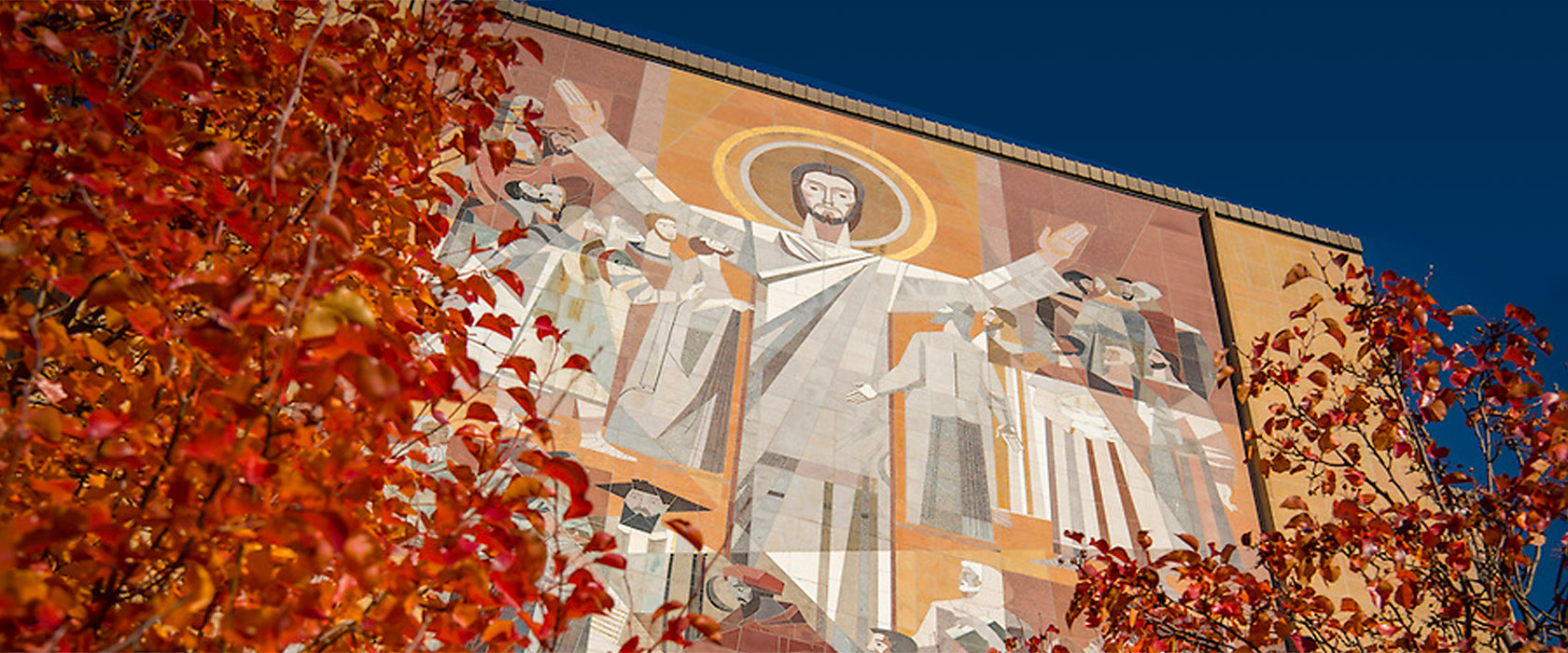The Course
In God and the Good Life (GGL), you’ll have the opportunity to wrestle with big questions about how to live and what makes life meaningful. In GGL we approach philosophy as a “way of life,” which means that we’re interested in how different philosophical traditions are embodied. We care about theory, but we care even more about how to live our theoretical conclusions out in practice. This way of using philosophy, this “method,” is itself ancient. It was the way thinkers like Plato and Aristotle thought about philosophy. It was the way that ancient Stoics, skeptics, and Epicureans thought about it. In approaching philosophy as a “way of life,” then, we’re returning the discipline to its ancient roots.
Our course is divided into four major units: morality, epistemology, religion, and meaning. In each of these units, we’ll answer a big question, or a set of big questions. In the morality unit, for instance, we’ll ask whether you have certain duties or obligations, perhaps simply because you’re a human being. We’ll also ask what your ultimate goals are, and whether these should impact your everyday decisions. We’ll examine the idea of “virtue,” compare it with others like “utility,” and see whether any of these is robust enough to build an entire worldview around.
In other sections, we’ll ask whether you should practice a religion, how you should figure out what to believe, and what, if anything, makes life meaningful. You’ll learn what the greats like Plato, Aristotle, and Descartes have to say on issues like these, and will work with your classmates in small, intensive dialogue groups to apply their insights to your own life today. By the end of the course, you’ll have formed close intellectual friendships with your classmates, strong analytical skills, and most of all, a vision for what the good life can be.
GGL satisfies the first philosophy requirement at Notre Dame.
History
God and the Good Life started with an idea: What if Notre Dame had a signature philosophy course like Harvard’s Justice or Stanford’s Designing your Life? What would it look like, and what would set it apart? With support from John McGreevy, then dean of the College of Arts & Letters at Notre Dame, Dr. Meghan Sullivan and Paul Blaschko (a graduate student at the time, and head TA for the previous iteration of her first philosophy course) got to work with the Office of Digital Learning to reenvision how students at Notre Dame encountered philosophy. They filmed a course trailer, and got to work designing an intuitive digital home for the course.
Today, GGL serves more than 1,000 students at Notre Dame per year. Our digital resources are used in courses we’ve helped design across the nation, and we have become part of a national effort to better understand and teach philosophy as a way of life. Educators (or folks just interested in the philosophy behind our philosophy), can learn more about some of these efforts at philife.nd.edu.
GGL is regularly taught in the philosophy department at Notre Dame. Paul Blaschko (now an assistant teaching professor and director of the Sheedy Family Program) offers three sections of the course per year, as does Dr. Justin Christy, who is an assistant teaching professor and director of the GGL Fellows Program. Meghan Sullivan offers a section each year, and directs the Institute for Ethics and the Common Good, which recently launched a new project aimed at helping instructors across disciplines create signature courses like GGL.

























